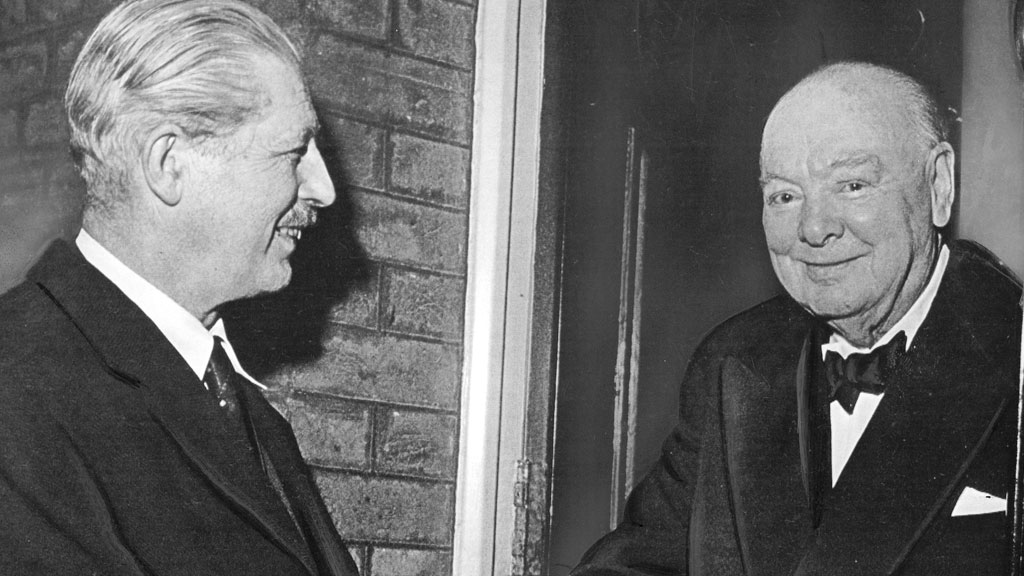George Osborne hands former miners free coal
Chancellor George Osborne visits one of Britain’s last pits and promises to restore an allowance to hundreds of miners who lost their jobs in the summer.
Serving and retired miners from UK Coal’s Daw Mill plant were guaranteed free coal for life, or a cash allowance, until the pit closed in July, but Mr Osborne announced that the taxpayer will step in to guarantee the perk.
As a result, 400 miners who were made redundant will be entited to £1,300 of free coal a year or £600 in cash. Another 1,100 former UK Coal employees will also benefit.
Around 69,000 former British Coal employees receive the allowance, which dates back to the 1980s.
‘No fault of their own’
Mr Osborne said: “A number of local MPs brought to my attention that former mine workers were losing their concessionary fuel allowance, through no fault of their own when UK Coal went into administration.
“I wanted to help and because we are fixing the economy, we can. It is right and fair that we make sure they continue to receive their allowance and that is why we are bringing them into the government scheme.”
Tom Greatrex, shadow energy minister, said: “After months of dithering and delay, the government has finally and belatedly bowed to Labour calls to do the right thing by those who lost out in the collapse of UK Coal.
“After the collapse of UK Coal Productions Limited, there were cynical attempt to deny people their entitlements to concessionary fuel.”
The chancellor’s pledge coincided with a visit to UK Coal’s Thoresby mine in Mansfield. The Nottinghamshire town is the birthplace of the Union of Democratic Mineworkers (UDM), formed during the 1984-85 miners’ strike.
Friends in the north?
George Osborne, who represents the Cheshire constituency of Tatton, knows the Tories have to make inroads in the north of England if they are to be seen as a "one nation" party. Success here would also make a Conservative majority at the next election easier to achieve.
The problem for the Conservatives is that the north-south divide, barely discernible when Churchill's Tory party won the 1951 election, is growing.
Northerners are far less likely to vote Conservative than southerners, which is shown in the lack of Tory MPs in the major northern cities.
Why is this? YouGov polling shows that northerners are far more likely than southerners to say that "Conservatives care more about the rich and affluent than ordinary people". They are also more likely to say that David Cameron is out of touch and lacks clear principles.
As such, four in ten northern voters say they would never vote Conservatives, compared with a quarter of southern voters (excluding those in London).
YouGov President Peter Kellner says: "In the end, the Tories' problem is not what they do; it's what they are. Their trouble is their brand. They lost Scotland because they lost their reputation as a unionist party and came to be seen as an English party. They are losing the north because they are seen increasingly as a southern party."
But Labour cannot derive too much satisfaction from YouGov's polling: 30 per cent of southern voters (excluding those in London) would never vote for Ed Miliband's party.

(Harold Macmillan and Winston Churchill in 1957)
The UDM was set up by miners who carried on working, defying Arthur Scargill’s National Union of Mineworkers and being branded “scabs” by those taking industrial action in protest at pit closures and job losses in the north of England, Scotland and Wales.
The NUM’s defeat by the National Coal Board and Margaret Thatcher’s government was a pivotal moment for the trade union movement, which has always had a fraught relationship with the Conservative party.
Winston Churchill – then a Liberal, subsequently a Conservative – allowed troops to be sent to the South Wales mines in 1910-11 when he was home secretary.
Their job was to support the police, who were involved in violent confrontations with miners in the Rhondda. His exact role in the decision is disputed, but Churchill’s reputation has never recovered in South Wales.
‘Best lads in the land’
Decades later, Conservative prime minister Harold Macmillan, the exemplar of “one nation” Toryism, famously described the miners as “the best lads in the land”.
His successor Ted Heath did not reap the dividends, with two miners’ strikes and the resulting “three-day week” to conserve energy during his 1970-74 term in office.
When Heath went to the polls in 1974, the theme was: “Who governs Britain?” Was it his democratically elected government or the NUM? His gamble did not work and Harold Wilson’s Labour party prevailed.
Margaret Thatcher got her revenge 10 years later with victory over the striking miners, and further pit closures followed under John Major.